
Him & Hers in Hot Water Over Knockoff Version of Wegovy Weight Loss Pills
By LUKE FUNK
|‘The Sassoons’ raises a troubling question: Is the era of the family fortune over?
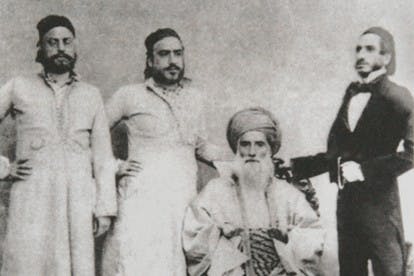
Already have a subscription? Sign in to continue reading
$0.01/day for 60 days
Cancel anytime
By continuing you agree to our Privacy Policy and Terms of Service.

By LUKE FUNK
|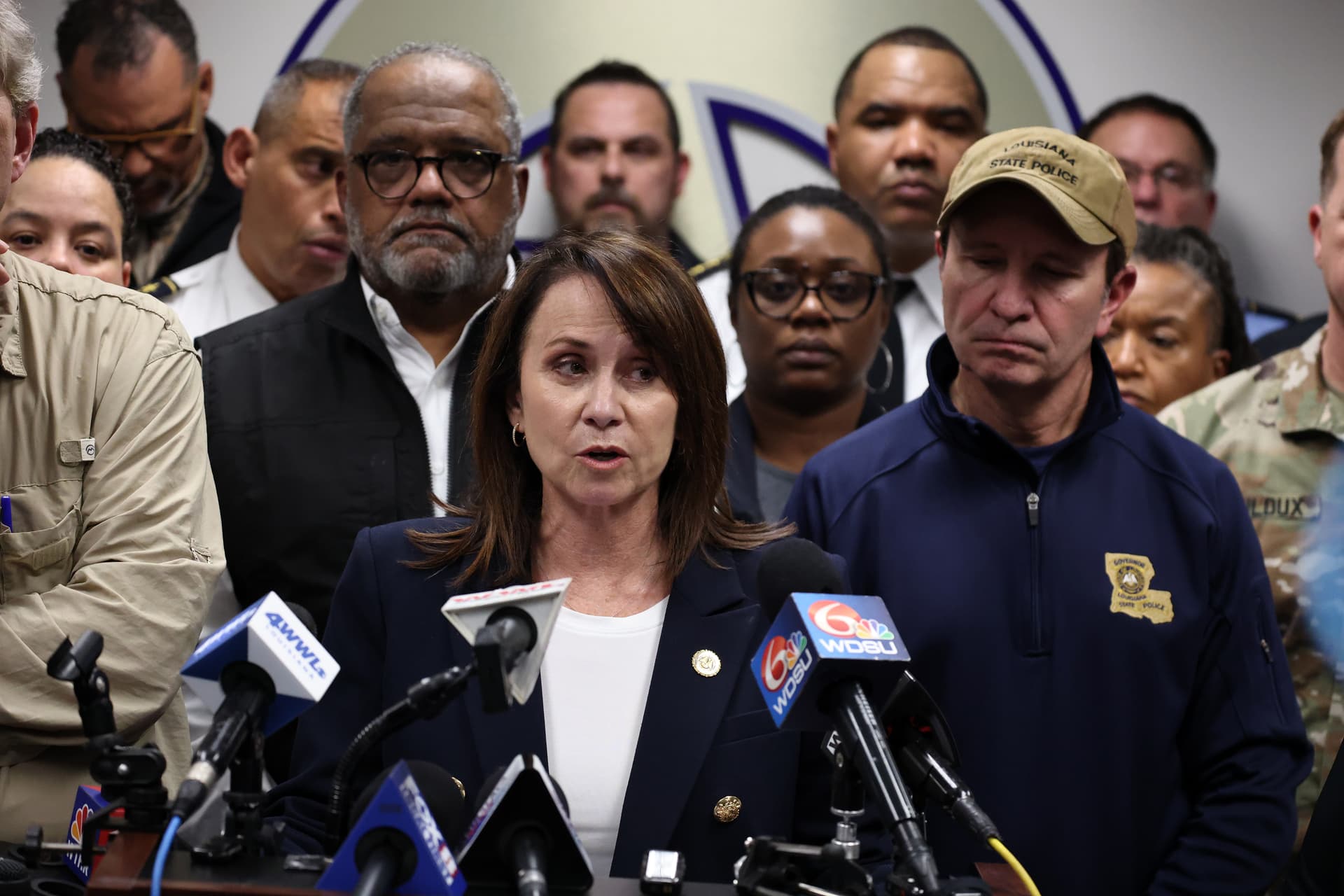
By BRADLEY CORTRIGHT
|
By THE NEW YORK SUN
|
By GEORGE WILLIS
|
By MATTHEW RICE
|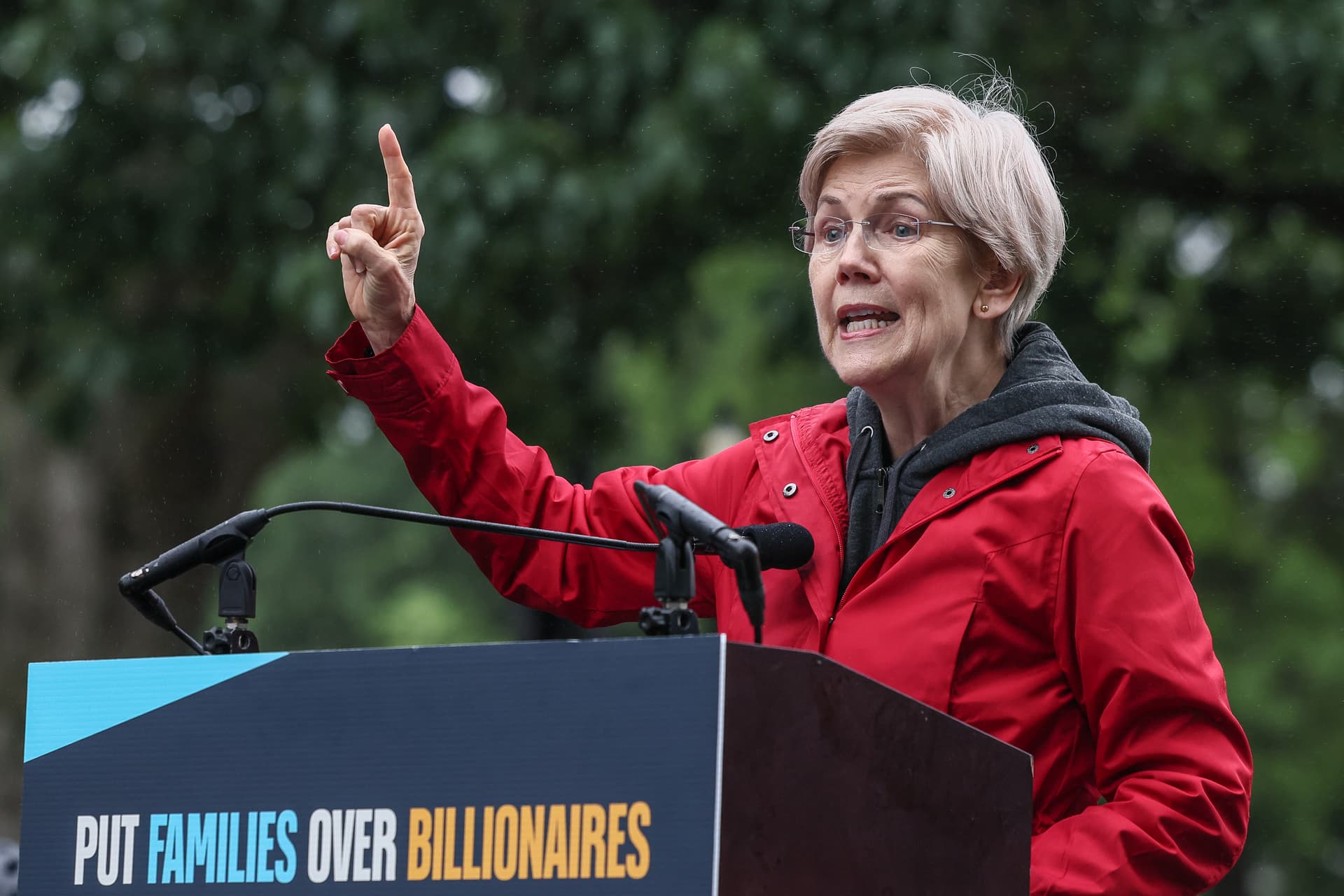
By VERONIQUE de RUGY
|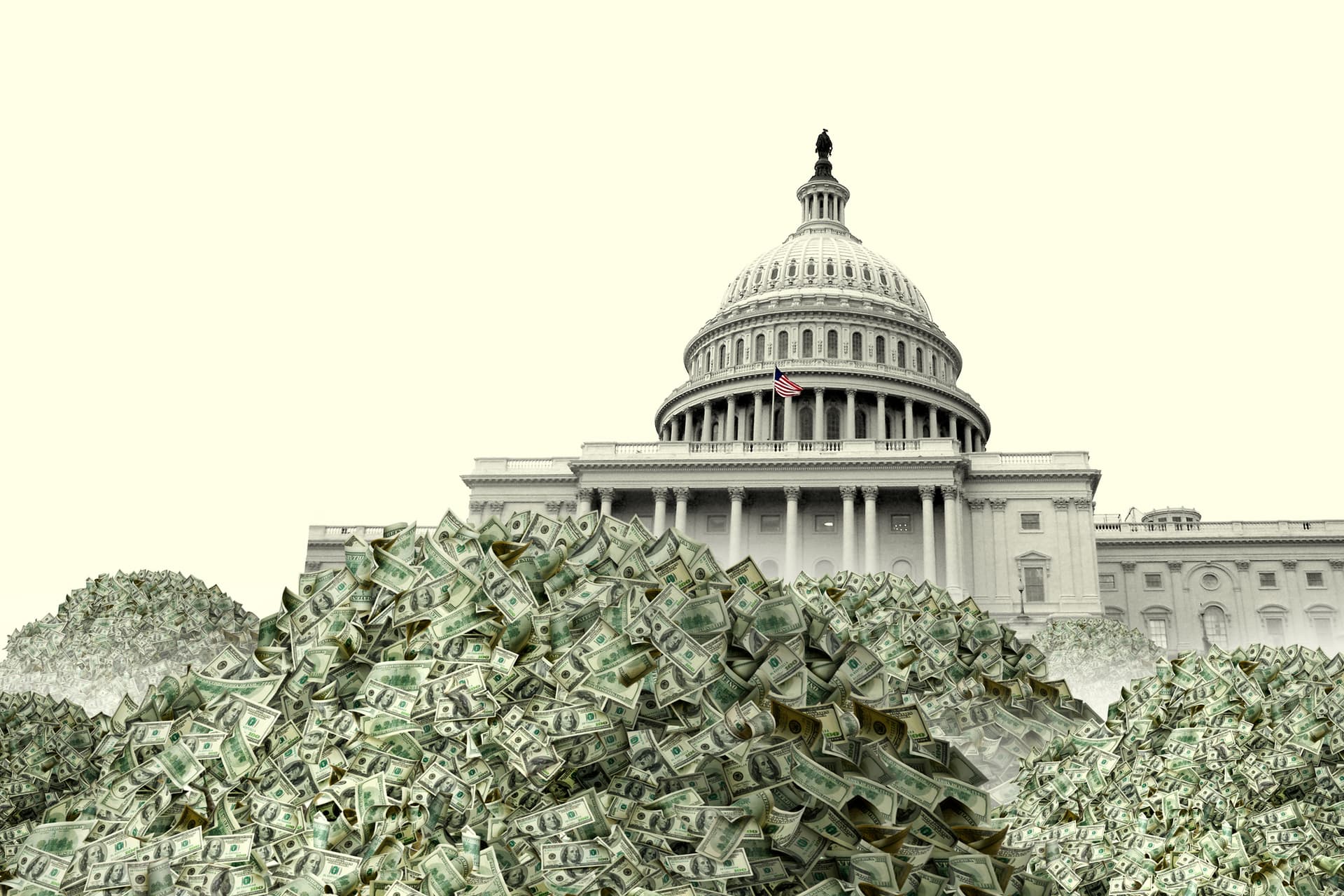
By GEORGE WILL
|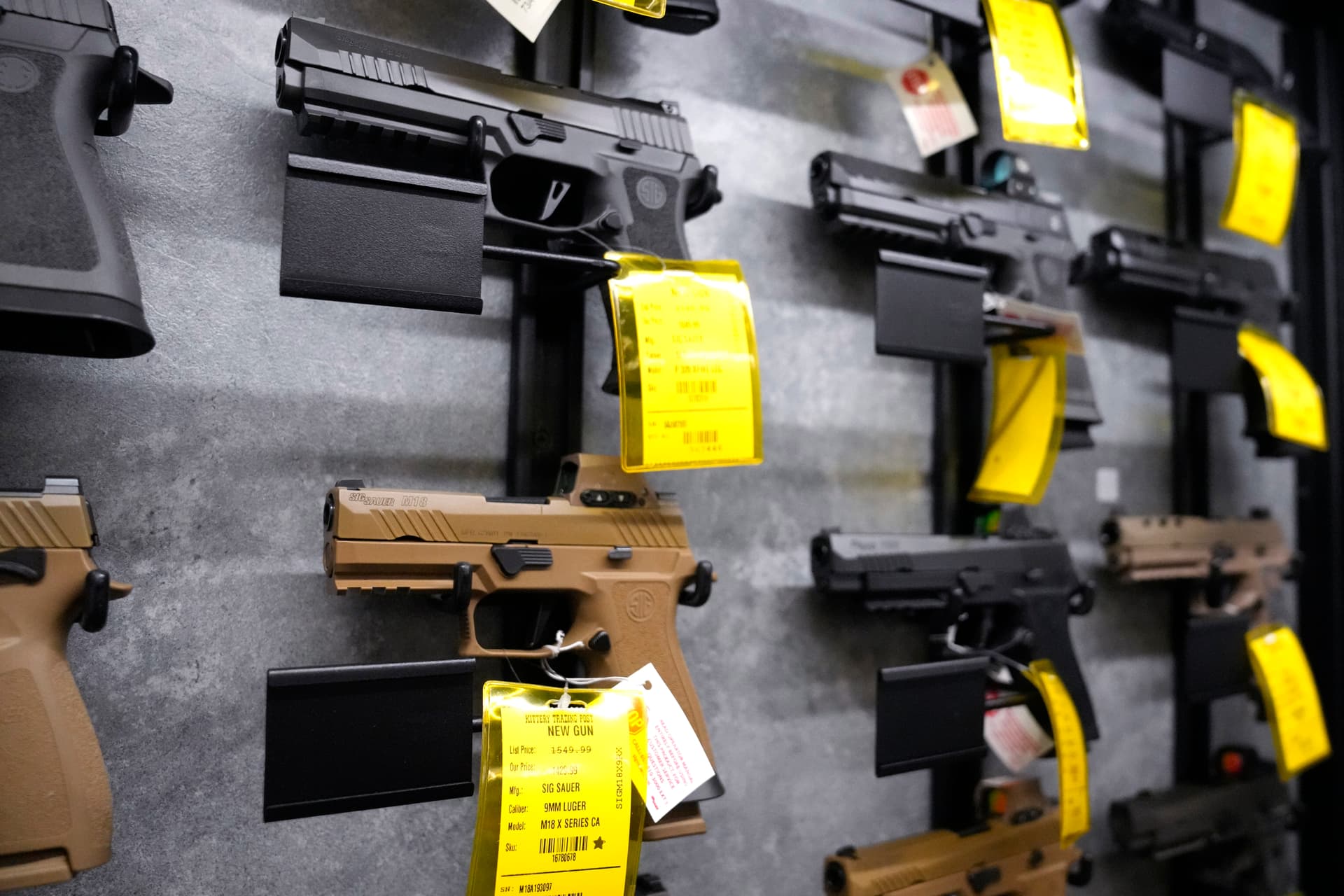
By BRADLEY CORTRIGHT
|